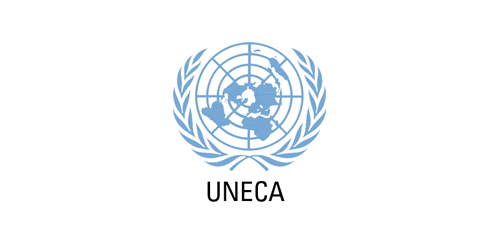By Haruna Gimba
The United Nations Economic Commission for Africa (ECA), in collaboration with the African Union Commission (AUC) and the African Development Bank (AfDB), has convened an Expert Group Meeting (EGM) in Douala, Cameroon, between June 20 to 22 and reviewed the 11th draft edition of the flagship report on Assessing Regional Integration in Africa (ARIA-11).
The draft edition was reviewed under the theme “Delivering on the African Economic Community: Towards a Continental Customs Union and Common Market.”
Since the late 1950s, regional integration has been a cornerstone of Africa’s development, aimed at overcoming the fragmented markets inherited from the colonial era.
The African Continental Free Trade Area (AfCFTA), adopted in 2018 as part of Agenda 2063, is a key initiative to accelerate Africa’s economic integration.
While the AfCFTA represents a significant departure from the roadmap outlined in the Abuja Treaty, it facilitates the realisation of its core objectives, including the establishment of a continental customs union and common market.
The ARIA-11 report assesses Africa’s progress towards these integration goals, particularly since the implementation of the AfCFTA.
The report examines the conditions necessary for the establishment of a continental customs union and common market as envisaged in the Abuja Treaty and the AfCFTA Agreement. It also examines the experiences of the Regional Economic Communities (RECs) and how they can inform continental integration efforts.
The ECA, in partnership with key African institutions, is committed to advancing Africa’s integration agenda. This meeting is a critical step towards realising the vision of a united and economically robust African continent.
This EGM therefore seeks to: (1) review the draft chapters of ARIA-11 that focus on improving the coherence, methodological soundness and robustness of the data and recommendations in the draft report; (2) engage with RECs and other stakeholders on the content, findings and recommendations of the report; and (3) gather valuable information, data and feedback from RECs, regional institutions and participants to finalise the study.
At the end of the process, it is expected that the content and relevance of the findings and recommendations are strengthened, and their feasibility and applicability ensured, thereby advancing the AfCFTA and paving the way for the Customs Union and Common Market.
Attending the review are representatives of the RECs, the AUC, the AfCFTA Secretariat, the AfDB, Afreximbank, the United Nations Conference on Trade and Development (UNCTAD), academia, civil society and the private sector.




